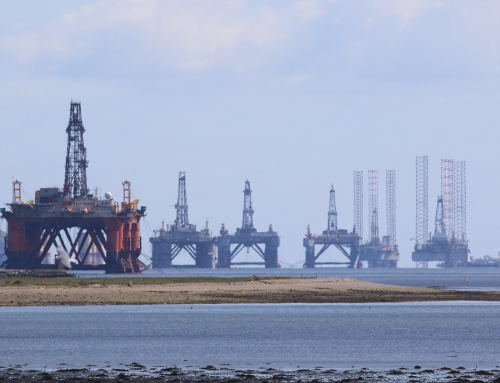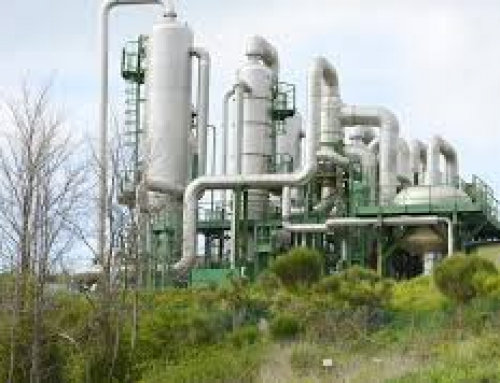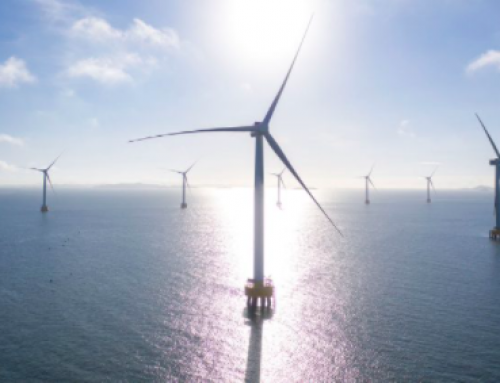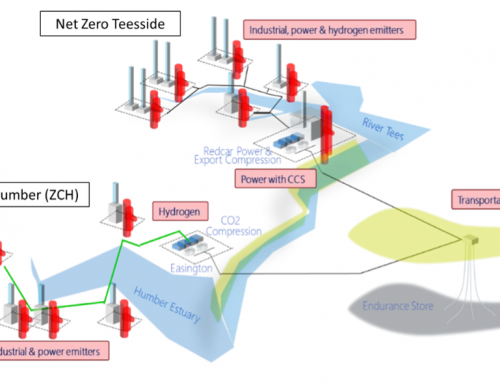By Barney Smith
According to the latest Review, which, unusually, came out this year in early July, 2020 was the most aberrant year ever, with primary energy use falling by 4.5 per cent and carbon emissions falling by more than 6 per cent, both being the fastest rate of decline since WWII. The US, India and Russia showed the greatest reduction in demand and, as is becoming customary, the great exception was China, one of only a handful of countries where energy demand actually rose during the year. It is also striking that the carbon intensity of the energy mix – the average carbon emitted per unit of energy used – fell by 1.8%, also one of the largest ever falls in post-war history.
In contrast to this unprecedented overall decline, renewable energy (including biofuels but excluding hydro) grew at a rate of nearly ten per cent. Solar power recorded its largest ever increase of twenty per cent (127GW) while wind power grew by almost as much (111GW) from a somewhat larger base. Wind power still provides the largest single element in the revised renewable power figure. The main driver was China, which accounted for roughly half of the global increase. The expansion in Chinese wind capability (72 GW) is particularly striking.
To reiterate the wording of the Greenbarrel article about last year’s review, one Exajoule (EJ) is a huge amount, being equal to 277.778 terrawatt hours (TWh). The hope is that this provides a basis for comparison, for, as last year, China was the largest individual contributor to renewables growth (1.0 EJ), i.e. more than in 2019 (0.8 EJ) but less than in 2017 and 2018 (1.2 EJ both years) Next was the US (0.4 EJ). Europe, as a region, contributed 0.7 EJ.

www.bp.com
This review continues last year’s welcome innovation of including information on those minerals which will be increasingly important in the move away from hydrocarbons. But the statistical picture has not improved. The prices of Cobalt and Lithium continue to be well down on the spike in 2017 and 2018, with a resulting small reduction in production in both Australia and Chile (only China increased its production of lithium). China continued to produce over half of the world’s rare earth and more than seventy per cent of its’ natural graphite. The world’s over-reliance on cobalt from the Democratic Republic of Congo (DRC) has only increased. In 2020, 67 per cent of the world’s cobalt came from the DRC, up from some 58 per cent in 2019. (The UK production of all these strategic metals continues to be statistically irrelevant)
This is the Seventieth Annual Survey. An accurate account of Energy in 2020 is vital, but the longer term now looms as well. We also need to consider the future impact of climate change and decarbonisation, measured not in individual years, but in decades. As the CEO of BP says in his introduction to this year’s survey “Since the Paris Conference of Parties (COP21) in 2015 there has been a huge increase in countries’ ambitions to decarbonise. Around 70% of the world’s carbon emissions are now covered by net zero targets and pledges. But this rising ambition has yet to be translated into a decisive reduction in emissions. The next big staging post for that challenge will occur later this year in Glasgow, Scotland which will host COP26 – arguably the most important UN climate change conference since the Paris meeting.”
“…companies like BP.…that are committed to ‘greening’ have a hugely significant part to play in achieving the Paris goals. Yes, the world needs more low carbon companies. But maybe more than anything, it also needs existing energy companies to decarbonize and [to] use their scale and expertise to help bring about the deep and complex rewiring and replumbing of the global energy system that the world wants and needs to see over the next 30 years”.
By way of a postscript, it is worth noting that the rate of overall decline in carbon emissions in 2020 is similar to what the world needs to average each year for the next 30 years to be on track to meet the aim of the Paris Agreement. A rather daunting task!





